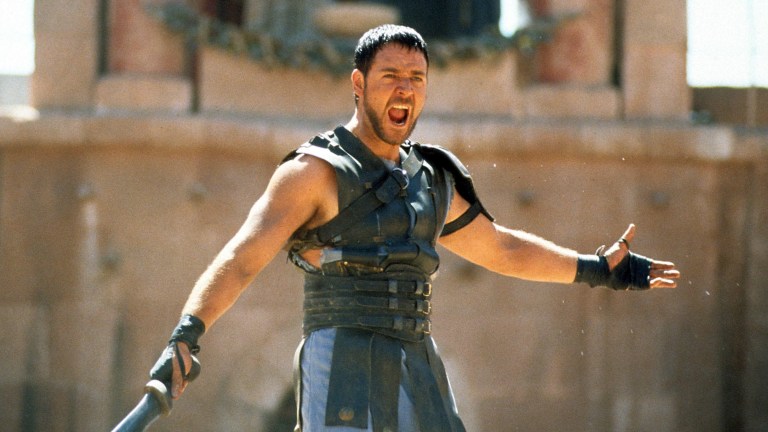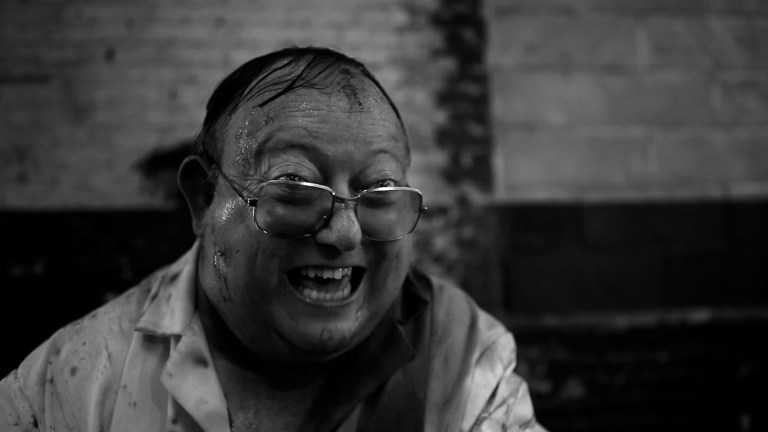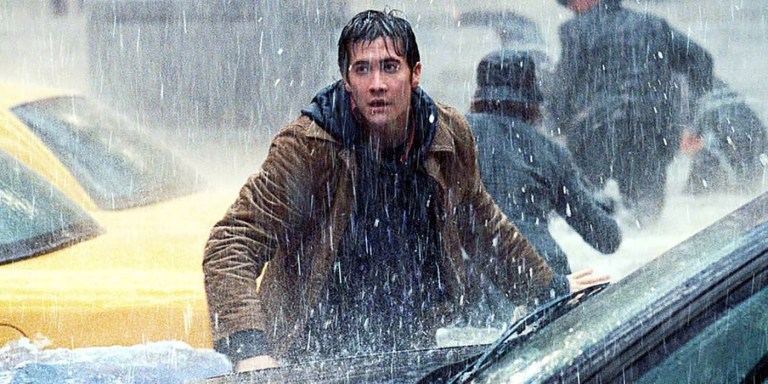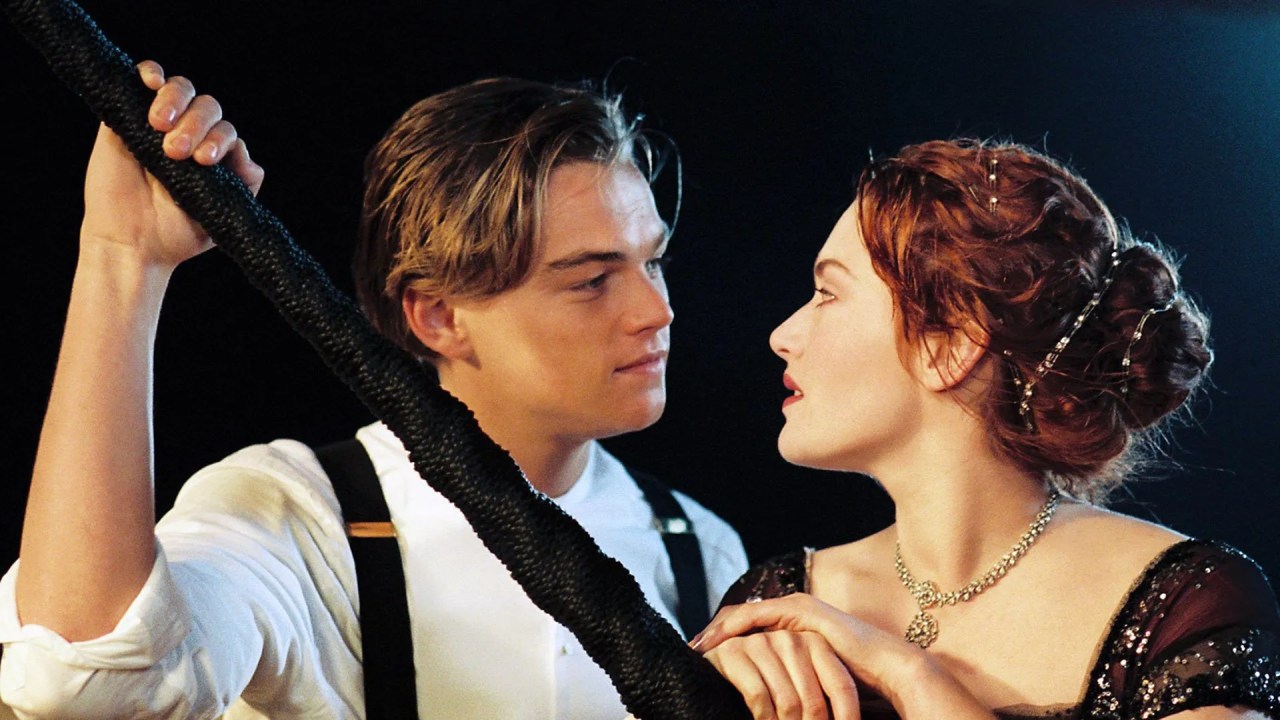
5 Movies That Are Even More Historically Inaccurate Than ‘Gladiator 2’
We hate to admit it, but 'Gladiator 2' wasn't exactly accurate...and neither are these other films.
Moana 2 isn’t the only unnecessary sequel that came to theaters in 2024.
Gladiator 2 entered the melee as well, replacing the original Gladiator’s unique, once-in-a-century charm with a serviceable story about Maximus’s (Russell Crowe) son Lucius (Paul Mescal) fighting off a bunch of baboons or something. (I haven’t seen the movie yet.) The movie has gotten mostly positive reviews, but no one has called it brilliant or anything else unhinged. In fact, most of the conversation surrounding the movie has centered on whether it’s historically accurate, especially since there’s apparently a scene where the entire Colosseum in Rome is flooded and filled with sharks. Well, you may be surprised to learn that this actually happened, maybe! The Colosseum was regularly used to stage reenactments of naval battles. Adding CGI sharks was just a logical step forward. Also, there are many movies that are even less historically accurate than Gladiator 2. Here are six.
1. Gladiator (2000)
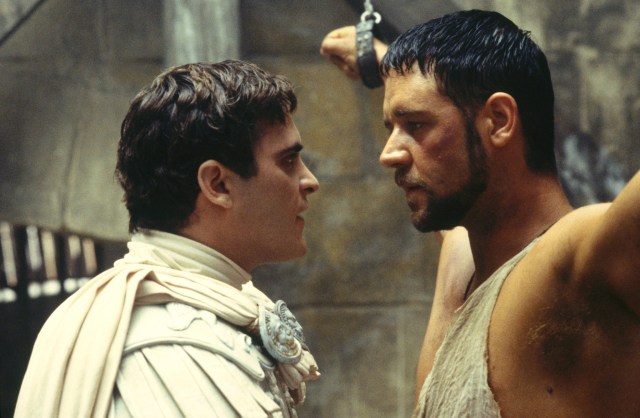
Yes, the first Gladiator is on this list. Director Ridley Scott is known for taking creative liberties with his historical subject matter. (See: the next movie.) But there’s a reason why my Latin professor never let us watch Gladiator on the days when she was hungover. First of all, Emperor Marcus Aurelius (Richard Harris) was never murdered by his son, Commodus (a sociopathic Joaquin Phoenix). Also, Commodus was never murdered by Maximus (a heroic Russell Crowe). Instead, Commodus was assassinated by a professional wrestler named Narcissus while taking a bath. The latter did not play as well for test audiences, I assume.
2. Napoleon (2023)
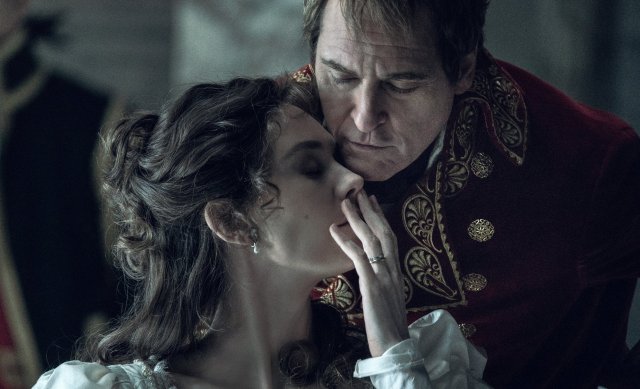
Ridley Scott’s Napoleon is not meant to be a traditional biography, or even hagiography. It regards its central figure with, alternately, amusement and contempt. That said, Scott also completely invented parts of Napoleon’s life. In this movie’s Indonesian Wikipedia page version of Napoleon’s life, the suddenly tall man is not only present at the beheading of Marie Antoinette, but also very angry at the Pyramids, for some reason. Someone has yet to sufficiently explain to me why Napoleon fires cannons at the Pyramids in this movie. Anyway, a lot of other scenes in this movie are based on popular myths about Napoleon and should be in no way cited in high school essays.
3. Titanic (1997)
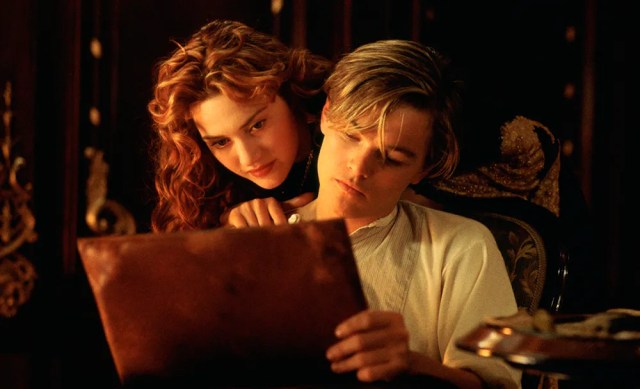
James Cameron got a lot of impressive details correct about the sinking of the RMS Titanic. For the average viewer (me), he pulled this off in a most impressive way. But if you ask Twitter historians or Letterboxd film critics, Titanic plays fast and loose with history. Why? Because handcuffs. Leo’s plot-friendly handcuffs wouldn’t have been invented by the time that Titanic sank. Also, rescue boats most likely wouldn’t have used flashlights to find Rose (Kate Winslet) in the water. But again, these are the words of perpetually furious amateur historians who spend half of their time playing Baldur’s Gate, so maybe take that with a grain of Cheeto dust.
4. The Sound of Music (1965)
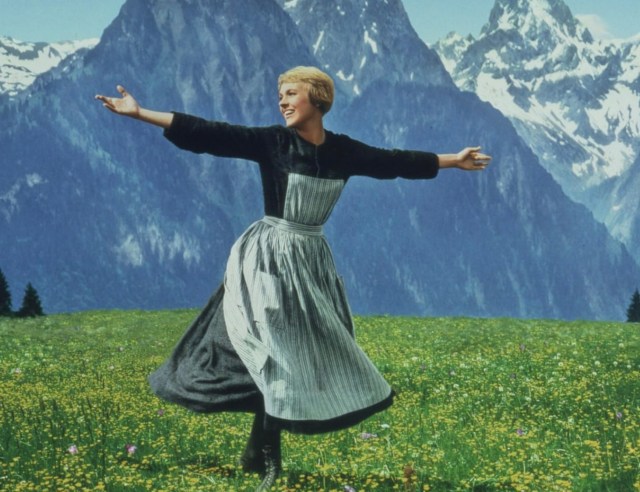
Climb every mountain and fudge every fact, because the von Trapps never escaped Austria via the Alps. While this makes for a dramatic final sequence in which they must evade the Nazis, the von Trapps actually made a smarter decision in real life. As they would have wound up in the middle of Germany if they had departed via the Alps, the real family instead chose to board a train to Italy. Also – and you can’t plan this kind of drama – the Austrian border closed just one day after the von Trapps escaped.
5. Braveheart (1995)
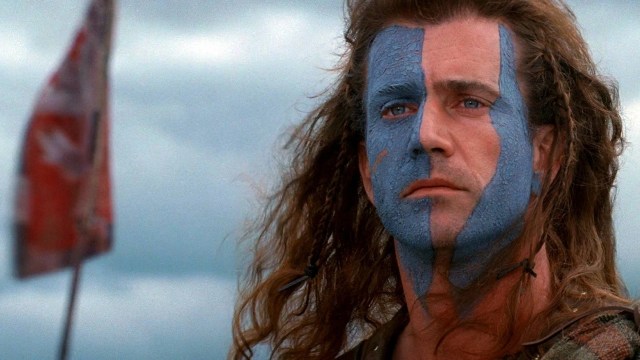
Perhaps the most ironic historical inaccuracy of this movie is that William Wallace (Mel Gibson) – the hero of the movie – was never actually called Braveheart. He wasn’t even the real hero! Both of those honors go to Robert the Bruce, King of Scots, who was for some reason the villain of this movie. As for why Mel Gibson chose to make Wallace the hero instead of Bruce, we may never know; maybe he has an affinity for alliteration. However, that’s not even the most obvious mistake. Something that even I, a rather begrudging student of history, noticed, is that kilts didn’t exist during the time of William Wallace. They didn’t arrive until three centuries later. That’s right. Braveheart shouldn’t have kilts! Go ahead and stare blankly out the window for two hours. You’ve earned it.
